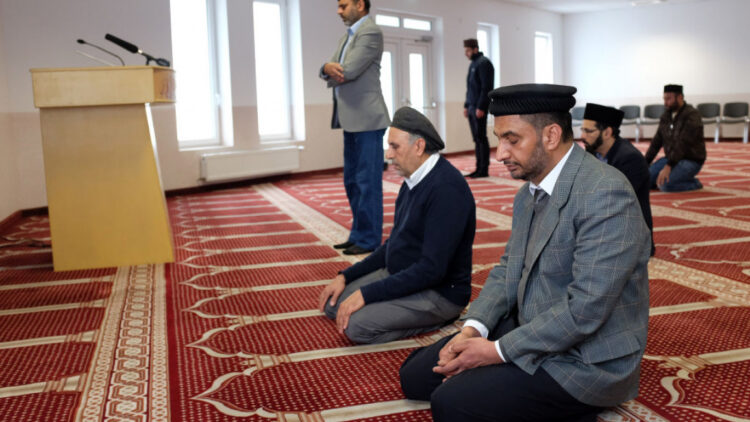In a bid to promote integration, the German government has unveiled plans to revamp its training program for Muslim clerics, signaling the gradual phasing out of a system that places Turkish imams in the country’s mosques. The Interior Ministry announced this decision on December 14, following negotiations with the Turkish-Islamic umbrella organisation DITIB.
Under the newly agreed-upon deal, Germany aims to replace existing foreign imams with those trained within the country, targeting the training of 100 imams annually. The approximately thousand clerics previously trained and employed by the Turkish Diyanet are expected to be progressively replaced by these domestically trained counterparts.
German Interior Minister Nancy Faeser emphasised the importance of having religious leaders who are fluent in the local language, familiar with the country, and aligned with its values. She stated, “We want imams to get involved in the dialogue between religions and discuss questions of faith in our society. This is an important milestone for the integration and participation of Muslim communities.”
The German Islam Conference (DIK) estimates that 5.5 million Muslims, constituting around 6.6% of the country’s total population, consider Germany their home. Currently, there are approximately 2,500 mosque communities in Germany, with DITIB overseeing 900 of them. DITIB, the largest Islamic group in Germany, operates as a branch of the Presidency of Religious Affairs in Ankara, raising concerns about its perceived role as an extension of the Turkish government.
Recent controversies surrounding DITIB include an incident where an Afghan Taliban member delivered a speech at one of its mosques in Cologne. In 2017, German officials called for major reforms within DITIB amid allegations that imams sent by Diyanet had spied on behalf of Ankara in the aftermath of the attempted coup against Turkish President Recep Tayyip Erdogan’s regime. Diyanet denied involvement, and no charges were filed after the investigation concluded.
Former Chancellor Angela Merkel, in a 2018 parliamentary speech, emphasised the necessity of training imams on German soil for independence and the nation’s future. The Ministry plans to collaborate with the German College of Islam in Osnabrück for the training of 100 imams annually, encompassing both an additional program and the existing DITIB initiative.
Osnabrueck, located in northern Germany, houses the Islamic College Germany, established in 2019 to provide theological and practical training for imams and religious personnel serving German-speaking communities. The German government aims to support courses focusing on religious education, the German language, as well as subjects like history, political science, and German values.
This initiative aligns with Germany’s changing demographics, tracing back more than 60 years when Turkish immigrants arrived as “guest workers” to support the nation’s economic development. The training agreement was the outcome of prolonged negotiations with the Turkish Presidency of Religious Affairs (Diyanet) and the union of Turkish-Islamic cultural organisations in Germany, known as DITIB in Turkish.




















Comments